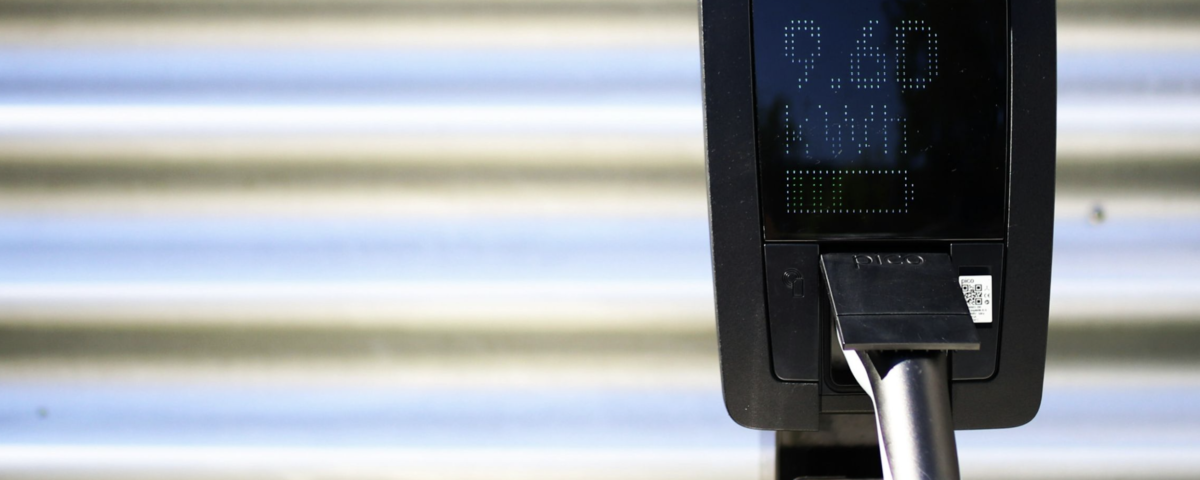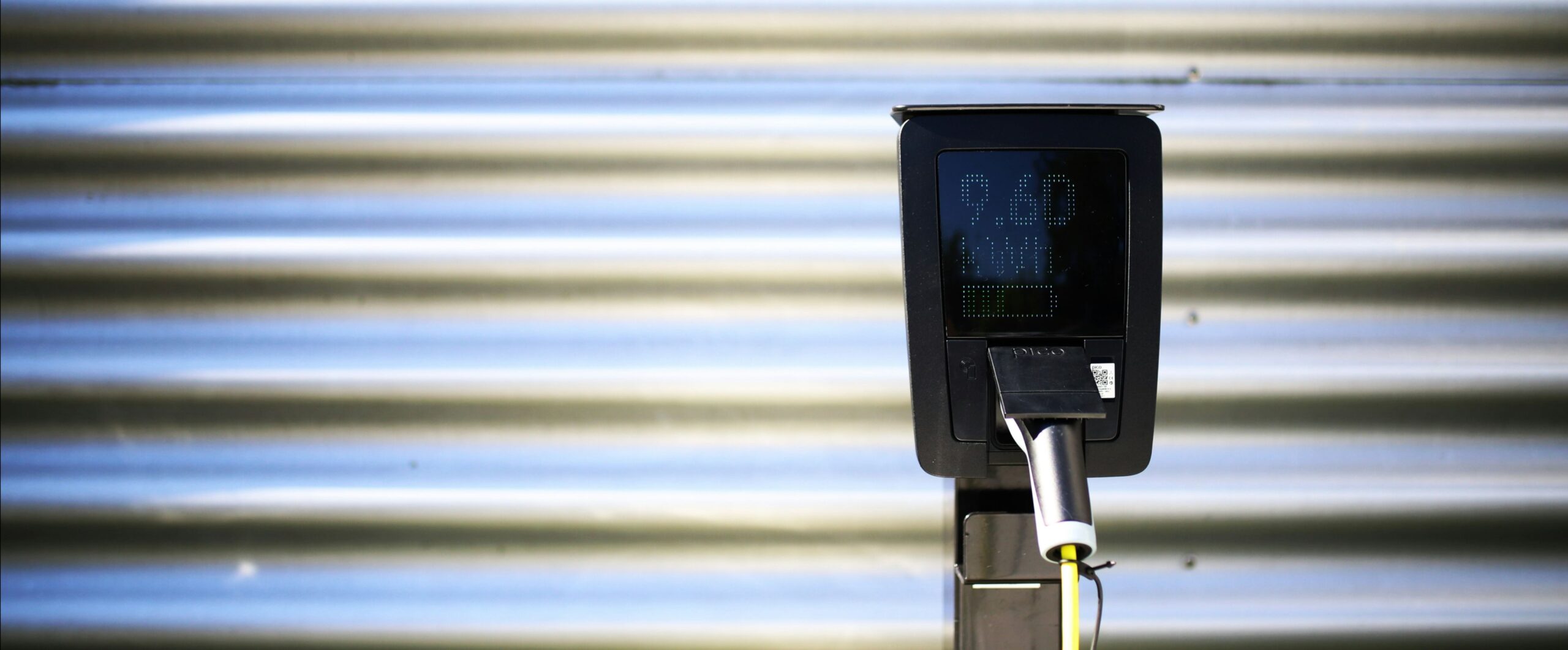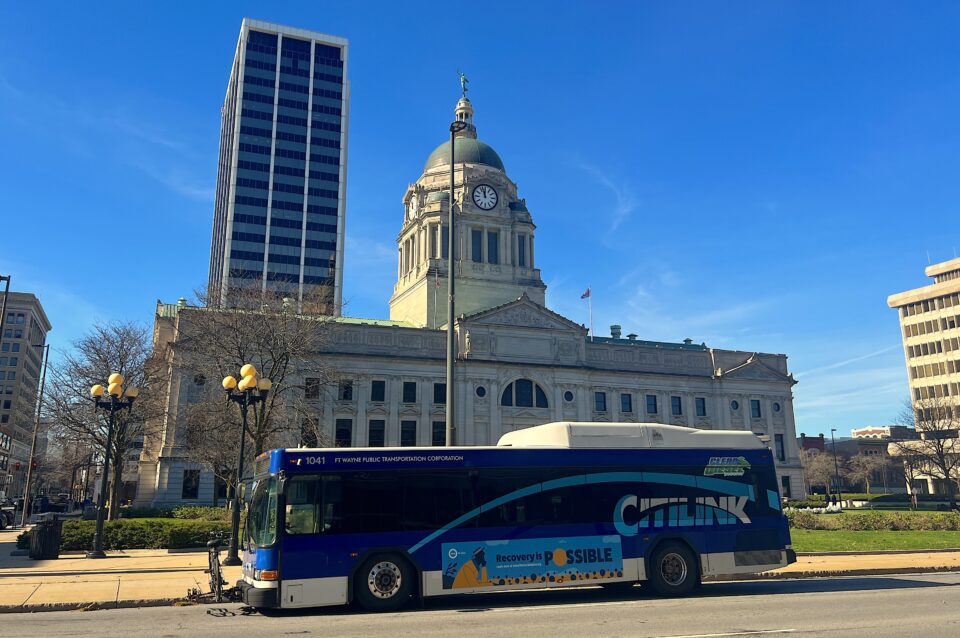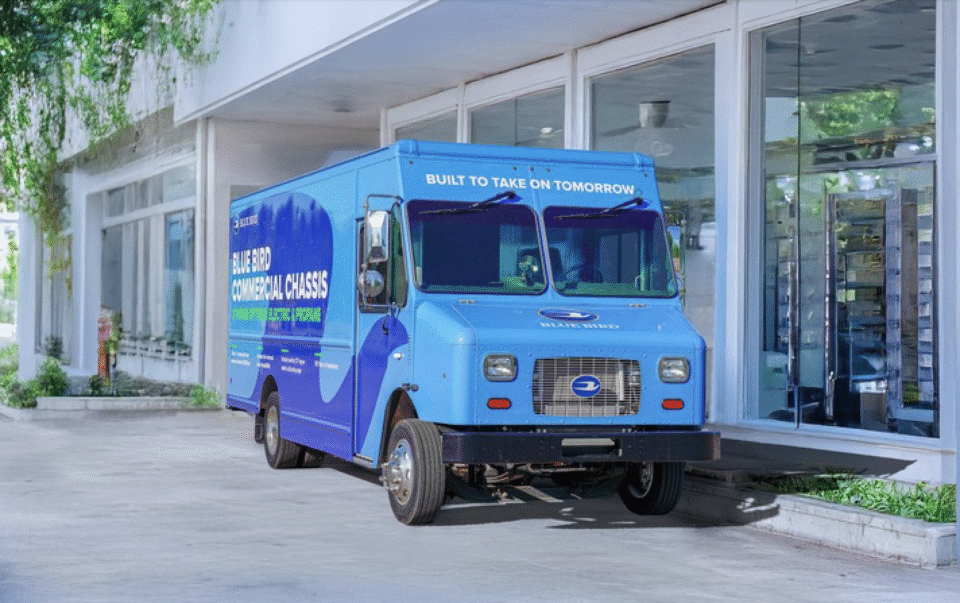The Electrification Coalition Explores How Rural Communities Can Meet the EV Moment

“Misinformation around EVs runs rampant and it’s hurting the rural communities that stand to benefit most from the transition. Rural households spend 44% more on transportation fuel than urban households, so when geopolitical conflicts across the globe drastically affect oil prices, rural homes are particularly vulnerable. Electrifying transportation helps reduce our oil dependency and plug into a source of energy with existing infrastructure and long-term price stability.”The Southeastern U.S. has witnessed a surge in electric vehicle (EV) investment and interest, positioning the region as a potential electric mobility hub. However, this momentum is primarily concentrated in urban areas, leaving rural communities behind. Recognizing the potential benefits for rural communities, efforts are underway to address these challenges. Orangeburg, South Carolina, is a noteworthy example, strategically installing Tesla supercharger sites and securing grants for a multi-modal transit hub with EV charging. In 2023, the Electrification Coalition engaged in roundtables across the Southeast, uncovering common barriers to EV infrastructure implementation, including workforce development, cost savings awareness, municipal budget challenges, utility engagement, resilience, permitting streamlining, and the need for state supplemental funding. The transition to EVs in rural areas requires intentional leadership, coordination, and planning to harness the significant benefits offered by federal funding opportunities.
Learn more!





